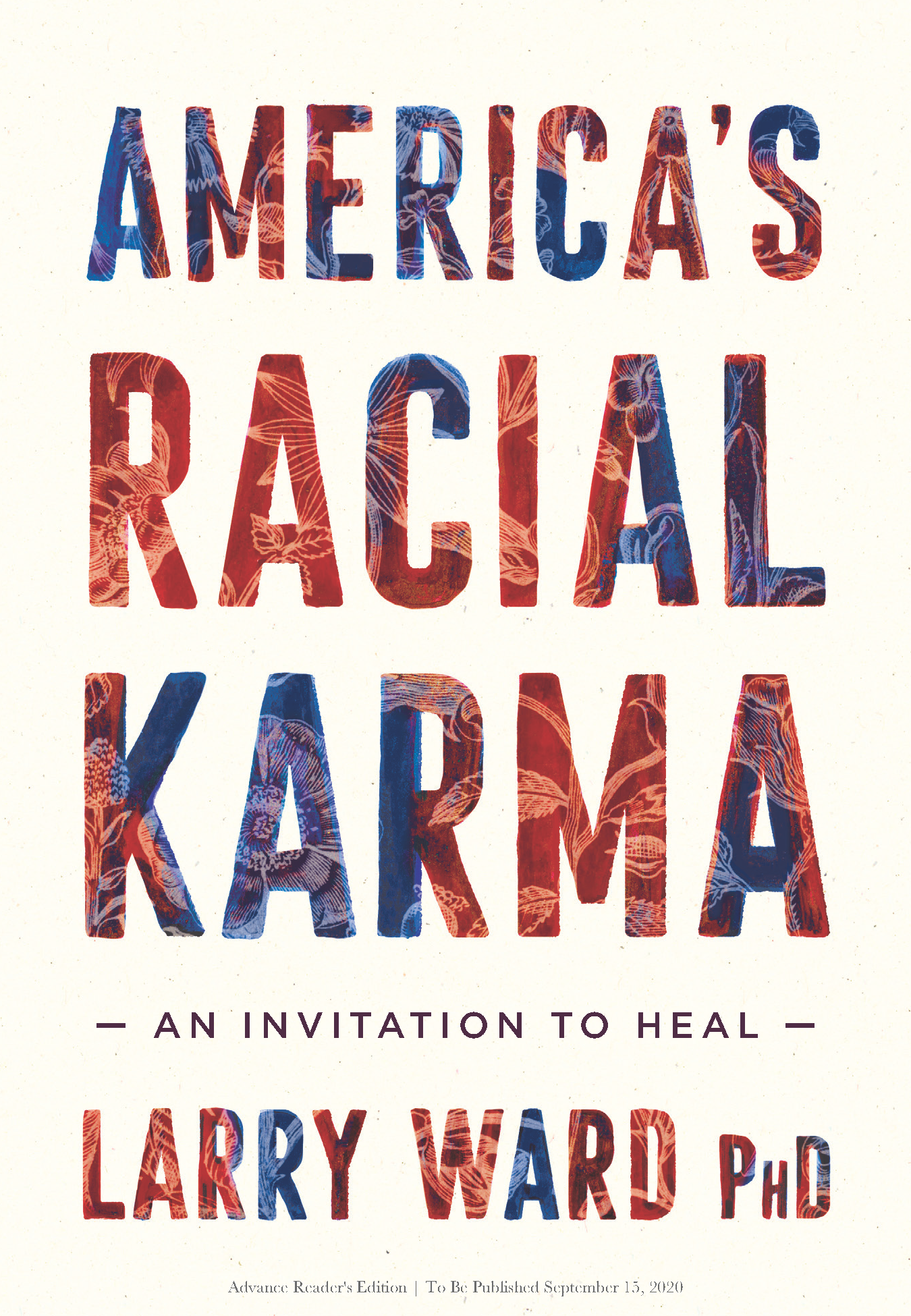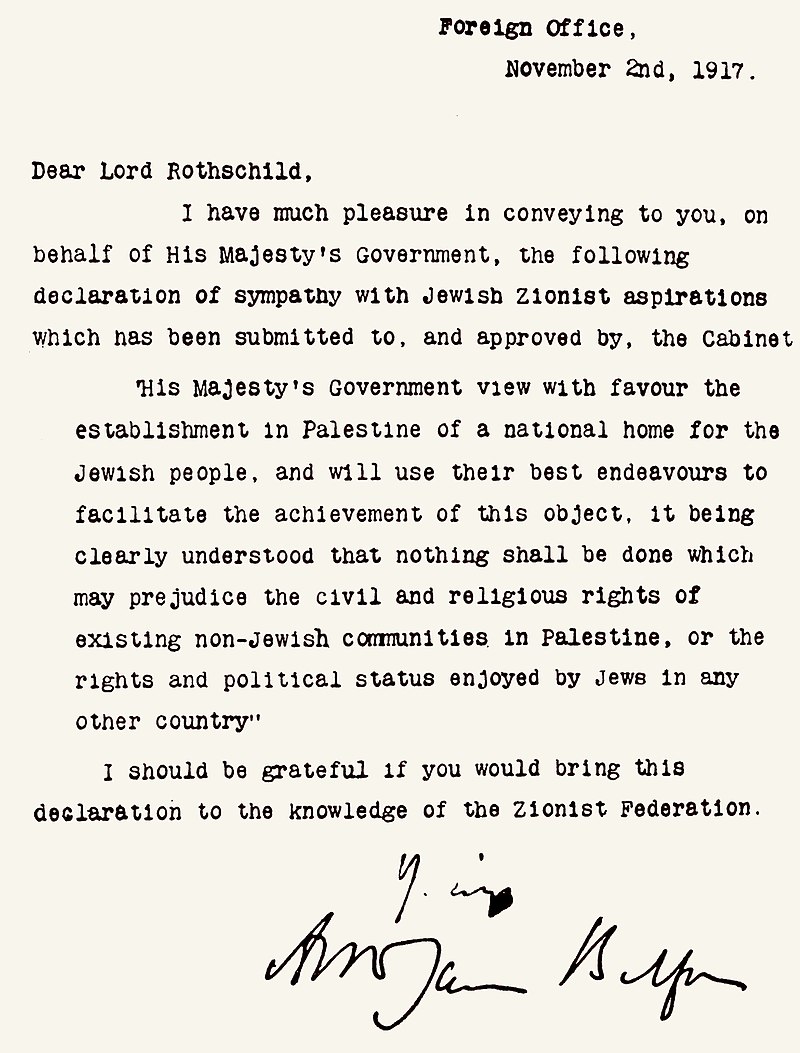The “Great War” is often depicted as an unexpected catastrophe, in particular for Europeans. But for millions living under imperialist European rule, terror and degradation were nothing new.
Faced with manpower shortages, British imperialists had recruited up to . million Indian soldiers. France enlisted nearly , troops from its colonies in Africa and Indochina. Nearly , African Americans were also inducted into US forces. The first world war’s truly unknown soldiers are these non-white combatants.
Ho Chi Minh, who spent much of the war in Europe, denounced what he saw as the press-ganging of subordinate peoples. Before the start of the Great War, Ho wrote, they were seen as “nothing but dirty Negroes…good for no more than pulling rickshaws”. But when Europe’s slaughter machines needed “human fodder”, they were called into service.
Other anti-imperialists, such as Mohandas Gandhi and WEB Du Bois, vigorously supported the war aims of their white overlords, hoping to secure dignity for their compatriots in the aftermath. But they did not realise what Weber’s remarks revealed: that Europeans had quickly come to fear and hate physical proximity to their non-white subjects—their “new-caught sullen peoples”, as Kipling called colonised Asians and Africans in his utterly racist poem, The White Man’s Burden.
View »
Recommended Reading

⭐⭐⭐⭐⭐
On Palestine
– Noam Chomsky and Ilan Pappé
An erudite and nuanced account of Palestine’s history. First published in 2015, it is an essential guide to understanding the shifting situation and is itself a sequel to their acclaimed book, Gaza in Crisis.
Looking for Palestine
– Najla Said
The daughter of the famous intellectual and outspoken Palestinian advocate Edward Said and a sophisticated Lebanese mother, Najla Said grew up in New York City, confused and conflicted about her cultural background and identity. Said knew that her parents identified deeply with their homelands, but growing up in a Manhattan world that was defined largely by class and conformity, she felt unsure about who she was supposed to be, and was often in denial of the differences she sensed between her family and those around her. She may have been born a Palestinian Lebanese American, but Said denied her true roots, even to herself–until, ultimately, the psychological toll of her self-hatred began to threaten her health.
Democracy in America
– Alexis De Tocqueville
I Saw Ramallah
– Mourid Barghouti
Barred from his homeland after the ‘Six-Day War’ in 1967, the poet Mourid Barghouti spent thirty years in exile–shuttling among the world’s cities, yet secure in none of them; separated from his family for years at a time; never certain whether he was a visitor, a refugee, a citizen, or a guest. As he returns home for the first time since the Israeli occupation, Barghouti crosses a wooden bridge over the Jordan River into Ramallah and is unable to recognize the city of his youth. Sifting through memories of the old Palestine as they come up against what he now encounters in this mere ‘idea of Palestine,’ He discovers what it means to be deprived not only of a homeland but of ’the habitual place and status of a person.’

⭐⭐⭐⭐⭐
A People’s History of the United States
– Howard Zinn
A 1980 nonfiction book presenting a long-neglected side of history that avoids the typical “nationalist glorification of country”. Zinn does not hide or sugarcoat the many tragedies of US history. The book is assigned in many high schools and colleges across the United States, and has inspired in a quiet revolution in the field of historical research, which now commonly includes previously ignored stories.
In a 1998 interview, Zinn said his goal in writing the book was to inspire a “quiet revolution”. “Not a revolution in the classical sense of a seizure of power, but rather from people beginning to take power from within the institutions. In the workplace, the workers would take power to control the conditions of their lives."

⭐⭐⭐⭐⭐
African Studies in Social Movements and Democracy
– Mahmood Mamdani
African Studies in Social Movements and Democracy
– Mahmood Mamdani
– Larry Ward
Immediate, illuminating, and hopeful: this is the key set of talks given by leading Zen Buddhist teacher Larry Ward, PhD, on breaking America’s cycle of racial trauma.
View
The Balfour Declaration
– Jonathan Schneer
Issued in London in 1917, the Balfour Declaration was one of the key documents of the twentieth century. It committed Britain to supporting the establishment in Palestine of ‘a National Home for the Jewish people,’ and its reverberations continue to be felt to this day. With new material retrieved from historical archives, Jonathan Schneer recounts in dramatic detail the public and private fight to depopulate and colonize a small strip of land in the Middle East

⭐⭐⭐⭐⭐
Orientalism
– Edward W. Said
Discusses the situation of the Palestinians, including the history of the Nakba, the dispossession and scattering of the Palestinian diaspora, and the misrepresentation of the Palestinian cause in the Western world. Said also examines the development of Palestinian political movements, particularly the Palestine Liberation Organization led by his then friend, Yasser Arafat, and the changing perceptions of Palestinian groups towards the question of Jewish identity and Israeli statehood.
Related Content











